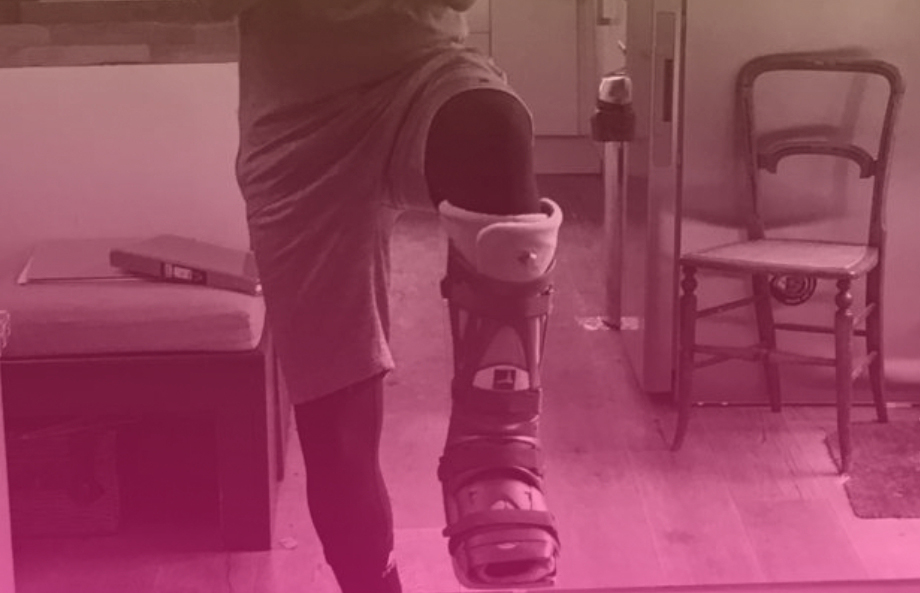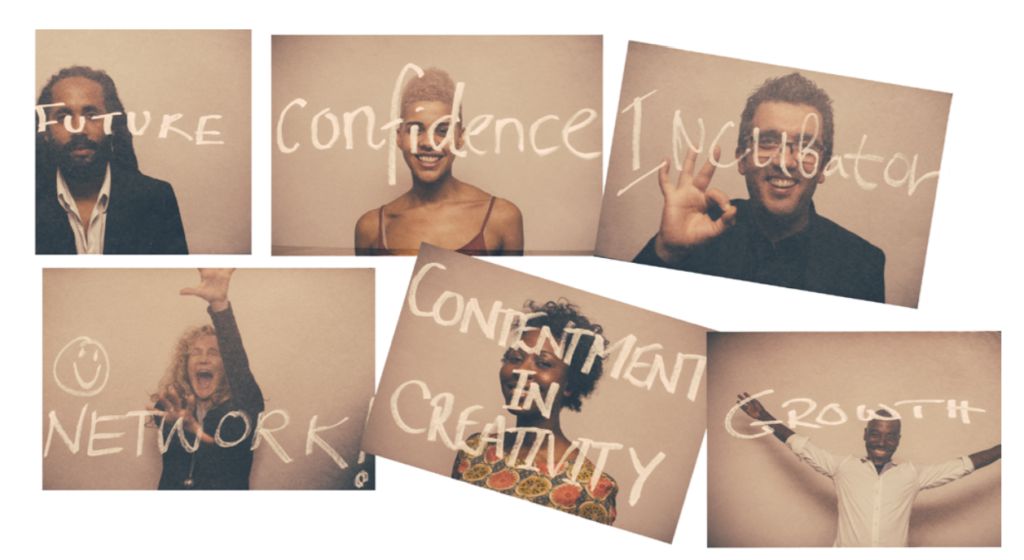The Matt Forde’s interview with Arthur Snell for the podcast ‘The Political Party’ is worth a listen. Matt’s interview with the former diplomat touches on Britain’s imperial past and the causes of terrorism amongst other things.
Matt: Britain’s imperial past is something that is probably under the spot light more now as a result of BREXIT and people starting to analyse our role in history, how we see ourselves in the world, how the rest of the world sees us, what are we responsible for, what should we feel guilty for, are there any things we should be proud of. To start on a more positive note, having worked in places like Zimbabwe and places like Trinidad and Tobago is there a legacy of the empire that is at all positive?
Arthur: I think it would be kind of foolish to say there isn’t. He goes on to cite the legal system and the English language as examples of positive legacies left in the Caribbean.
The two men go on to have an interesting conversation about the negative legacy of imperialism and slavery. But why did they need to mention the so called ‘positives’ at all. Conversations in the media on Britain’s imperial history often touch on its benefits, like railways in India. I’m curious about why this is, what it brings to the conversation and who it is aimed at.
I’ve never heard it said that there is any positive legacy from the subjugation of women or gay people or Jewish people. So I’m curious as to why this is raised when talking about the historical abuse of people of colour through colonialism?
It seems insensitive – not least because it links to the idea of the ‘civilising’ nature of the process which was part of the original justification for imperialism. So, by mentioning it I – as a black listener – infer at least some lessening of (at the least) or justification for (at worst) slavery and imperialism.
If Martians break into your house, decide to squat, let you live in the basement whilst renovating the rest of the house using your free labour, so they can rent out rooms to their alien friends (making trillions in the process), and for good measure physically abuse your family – under what circumstances would you see any positive legacy. Even if they did fit intergalactic WiFi, teach you to speak Martian, converted the loft and installed a conservatory.
This isn’t an attack on the podcast which I enjoyed. It’s a gentle call for all forms of historical oppression to be treated with equal consideration by the media. And for the media to treat its listeners with more credit than needing this kind of counter-balance when talking about Britain’s imperial past. Can you equate systems, infrastructure and language with human dignity?




